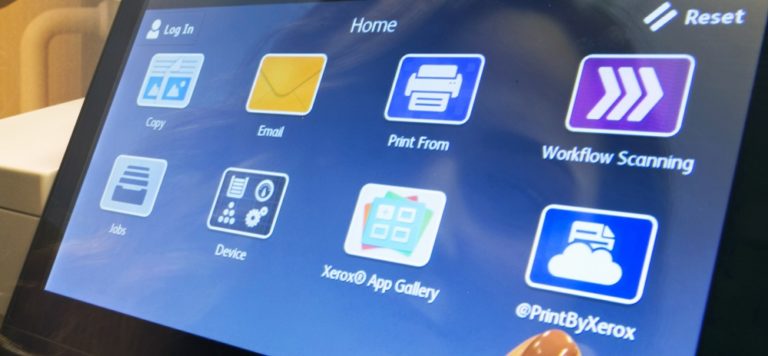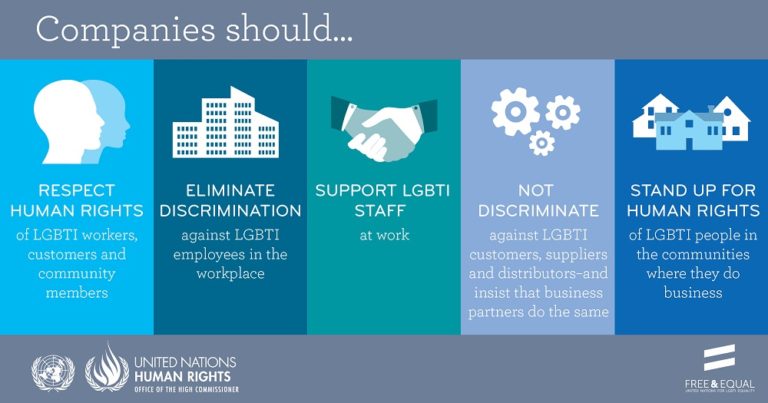Electronic Health Records at Denver’s National Jewish Medical & Research Center work very well – and the doctors like them too.
By Giovanna Fabiano
On the surface, a universal communication tool that stores every patient’s medical records online seems like a no-brainer.
![“[Doctors] have to be more involved and more vocal in designing [Electronic Health Record] systems or they will never meet our needs.” -- Dr. David Beuther, chief medical information officer at the National Jewish Medical & Research Center.](http://simplifywork.blogs.xerox.com/files/2014/05/Beuther_David-214x300.jpg)
Electronic Health Records (EHRs) are being implemented around the country at a fast pace, thanks to federal mandates. But in the healthcare field, not everyone agrees that they improve the doctor-patient experience —at least, not yet.
A study released last fall by the American Medical Association provided some sobering statistics: Electronic medical records chip away at doctors’ job satisfaction and compound their stress by piling onto their workload, eroding the quality of their care, and making their daily practice less efficient.
But renowned pulmonologist Dr. David Beuther, says it doesn’t have to be that way. If physicians are leading the conversation and customizing EHRs for their own needs, a better system for documenting patient records will emerge.
In this excerpted interview from Real Business, Dr. Beuther, chief medical information officer at the National Jewish Medical & Research Center in Denver, talked about the good and the bad of EHRs, and how he made them work at his hospital.
The complete interview is available on Real Business.
Why do EHRs cause so much stress for doctors?
What most people that aren’t in healthcare don’t understand is this is much more complicated than Microsoft Word or an ATM machine. Everything about exchanging this data, or even documenting this data, is so nuanced. What is the validity of that diagnosis that you clicked on in the system? People have this black-and-white view of healthcare information, but there are so many shades of gray.
Another issue is that these EHR systems grew out of accounting systems, and they are further being designed by the way healthcare is being reimbursed these days.
The way physicians are even paid mandates a lot of not-so-useful, structured documentation. EHRs are based on a finance background, but healthcare is not that. When you and the patient are in a room together, these systems fall short.
We are still in an evolution with EHRs and, right now, they don’t do as much as they potentially could do to help us take care of patients. They aren’t designed and driven by physicians. I’m not a naysayer, but we have to be more involved and more vocal in designing these systems or they will never meet our needs. Currently, they’re difficult to use and difficult to adopt.
What has your hospital implemented and how has it worked?
At a very high level, the electronic physician order entry has worked well. When we were doing orders on paper, 20 percent never got ordered due to illegibility, or they got lost, or sometimes results didn’t get back to the person who ordered the test. We spent a lot of time focusing on integration of electronic medical records with radiology and lab, safety and care coordination.
We also decided we needed to reengineer our entire clinic to make it more physician-driven. We piloted a program where we put one junior person in charge of a division, where he had the core building materials of leadership but had not yet developed them. The organization became more productive and he grew to be a tremendous leader. We grew somebody from within. The pilot was so successful that we created new physician leaders in other clinical areas. Some are struggling and some are shining, but we realized we needed to spend a lot of time building physician leaders.
What does the future hold for EHRs?
My optimistic view is that we’re in the midst of this chaos and out of it will come a great system.
Nobody knows what the future holds … we’re in an era of change and I don’t think it’s just a period we’re going through. We need engaged physician leaders. We need an effort to infuse leadership and management skills into all aspects of physician training. Only then will we be positioned to lead the conversation and bring these EHRs to where they need to be.
(This article was excerpted from Real Business, a website from Xerox that provides ideas and information for decision-makers in business and government. Read the complete article.)
Healthcare Provider Services from Xerox
From the editor: Healthcare provider services from Xerox helps clients improve access to patient data, comply with industry regulations, operate more efficiently and reduce administrative costs. Learn more on Xerox.com.



